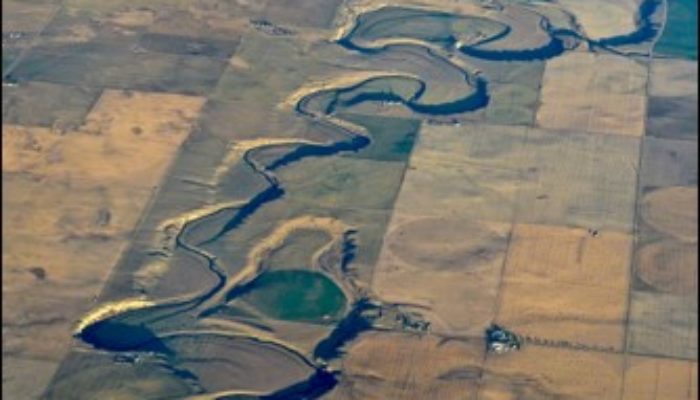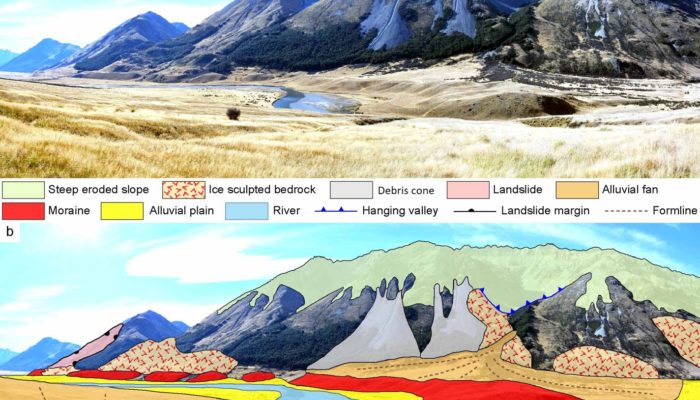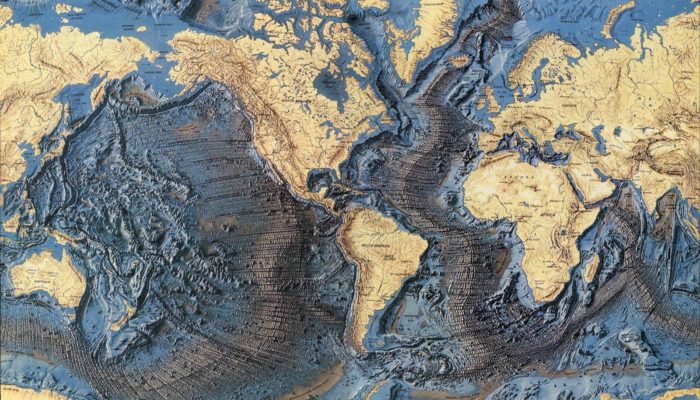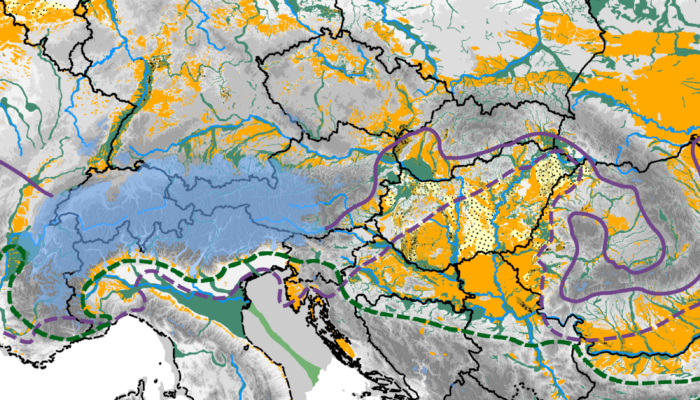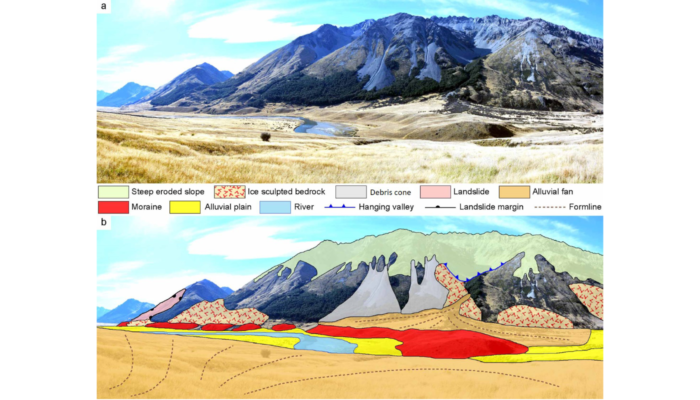It has been a busy few months here in Calgary. Obviously, fieldwork slows in the winter due to the amount of snow on the ground (and temperatures down to -40 degrees with wind chill factored in) but there are lots of other activities on the go. One of the joys of being a consultant is having the flexibility to take on a wide variety of small projects. Virtual Presentations I have found that giving ...[Read More]
Atmospheric Sciences
February 2021: A dusty month for Europe
In February 2021, two major Saharan dust events hit Europe. Because of the prevailing weather conditions in the first and last week of February, several million tons of Saharan dust blanketed the skies from the Mediterranean Sea all the way to Scandinavia. The sandy sky was observed almost everywhere in Europe (Fig. 1). Moreover, the stained cars and windows indicated the dust deposition (Fig. 2 – ...[Read More]
Biogeosciences
vEGU21 Short course in the spotlight: Meet and learn from Editors
Cryospheric Sciences
The new glacial geomorphological map from New Zealand
Geomorphological maps are a fundamental tool to represent landforms and understand how different morphological elements and agents shaped a natural landscape. They are also important as background information for many fields of research including ecology, forestry and of course, glaciology. In this week’s blog, Levan Tielidze tells us about the importance of mapping glacial geomorphology, presenti ...[Read More]
Geodynamics
The Sassy Scientist – Easter Egging It
Clodagh has attended a conference or two. After missing out on last year’s EGU virtual general assembly, she seeks some advice to promote her science, and herself, out there: Can you prepare better for a virtual meeting compared to the ‘old way’ for physical presentations? Dear Clodagh, Top of the morning to ye. On such soft day no less! Well, in my humble opinion, there’s two ways of looking at t ...[Read More]
Hydrological Sciences
How do you picture female scientists?
You might have heard about the film “Picture a scientist” by Sharon Shattuck & Ian Cheney. It shows the personal struggle of three women to overcome gender barriers in science. In doing so, it highlights three key issues: prejudices and biases against women related directly to the history of the university that have never been challenged (this part of the film is subtly underlined by the histo ...[Read More]
Geodynamics
The boundaries of plate modelling
This weeks post is all about the importance of boundaries. Plate boundaries that is. Jean-Christophe Wrobel-Daveau and Graeme Nicoll tell us why we should care where plate boundaries are and how they evolve through time, when attempting to reconstruct past plate motions. Global plate tectonic models are an incredible way to synthesise geological knowledge to gain both direct and indirect insight i ...[Read More]
Climate: Past, Present & Future
Presenting a new European loess map
Loess is a silt-sized, aeolian sediment that was produced in large quantities in past geological eras of mid-latitude Europe and Asia, among others (Fig. 1). It is used in Quaternary science to infer about past climatic and environmental conditions. Generally, layers of loess formed during cold and dry periods, while soils formed within/on top the loess during warmer and wetter periods. These soil ...[Read More]
Geochemistry, Mineralogy, Petrology & Volcanology
PlanetGeo – a science podcast
Many geoscientists have a distinct moment when they fell in love with the discipline. Jesse Reimink and Chris Bolhuis are no exception; they both have very clear moments in their lives when they knew that studying the Earth was the path for them. For Jesse, Chris actually was that moment. Chris Bolhuis has been teaching high school students the basics of geoscience for nearly three decades and ...[Read More]
Geomorphology
The new glacial geomorphological map from New Zealand
Glacial geomorphological mapping comparison in 3D. a – Moraine ridge in the middle section of the Ahuriri River valley with surrounding area. b – Key landscape elements are shown in the accompanying sketch. (Credit: Tielidze et al., 2021). Geomorphological maps are a fundamental tool to represent landforms and understand how different morphological elements and agents shaped a natural ...[Read More]

